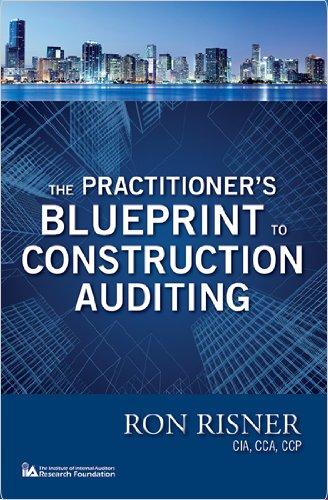Question
Which of the following would not be a characteristic that a primary beneficiary of a variable interest entity would need to have in order to
Which of the following would not be a characteristic that a primary beneficiary of a variable interest entity would need to have in order to consolidate a legal entity?
a. Power to direct activities that most significantly impact the economic performance of the entity.
b. Obligation losses that could potentially be significant to the entity.
c. Rights to receive benefits that could potentially be significant to the entity.
d. Majority voting interest in the entity.
Kick-out rights are the ability to remove the entity with the power to direct the activities of a voriable interest entity (VIE) that most significantly impoct the VIE's economic performance or to dissolve the VIE without cause. Which of the follo kick-out rights impact the determination of the primary beneficiary of a VIE?
O a. Rights to dissolve or liquidate the VIE without cause are not considered to be kick-out rights for determining the primary beneficiary.
b. Kick-out rights do not impact whether a potential beneficiary meets the power criterion unless a single reporting entity (including related parties and de facto agents) has a unilateral right to exercise those rights.
c. If two or more related parties are required to come together to exercise kick-out rights, then it does not impact the power criterion assessment.
d. A board of directors comprised of multiple parties that each have kick-out rights typically impacts whether a reporting entity meets the power criterion as it relates to determining the primary beneficiory.
In which of the following scenarios would the primary beneficiary consolidate the variable interest entity under ASC 805 business combination accounting, similar to as if consolidation was being required under a voting interest model ?
a. The variable interest entity is a business that is under common control with the primary beneficiary.
b. The variable interest entity is not a business but is under common control with the primary beneficiary.
c. The variable interest entity is a business that is not under common control with the primary beneficiary.
d. The variable interest entity is not a business and is not under common control with the primary beneficiary.
Step by Step Solution
There are 3 Steps involved in it
Step: 1

Get Instant Access to Expert-Tailored Solutions
See step-by-step solutions with expert insights and AI powered tools for academic success
Step: 2

Step: 3

Ace Your Homework with AI
Get the answers you need in no time with our AI-driven, step-by-step assistance
Get Started


